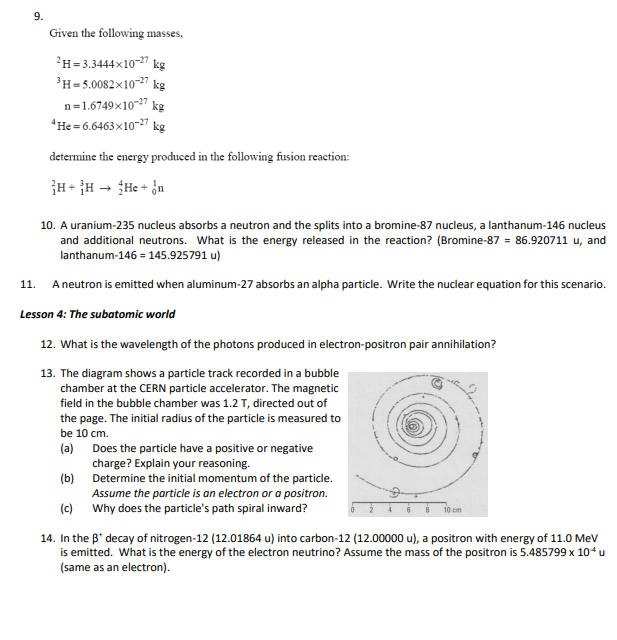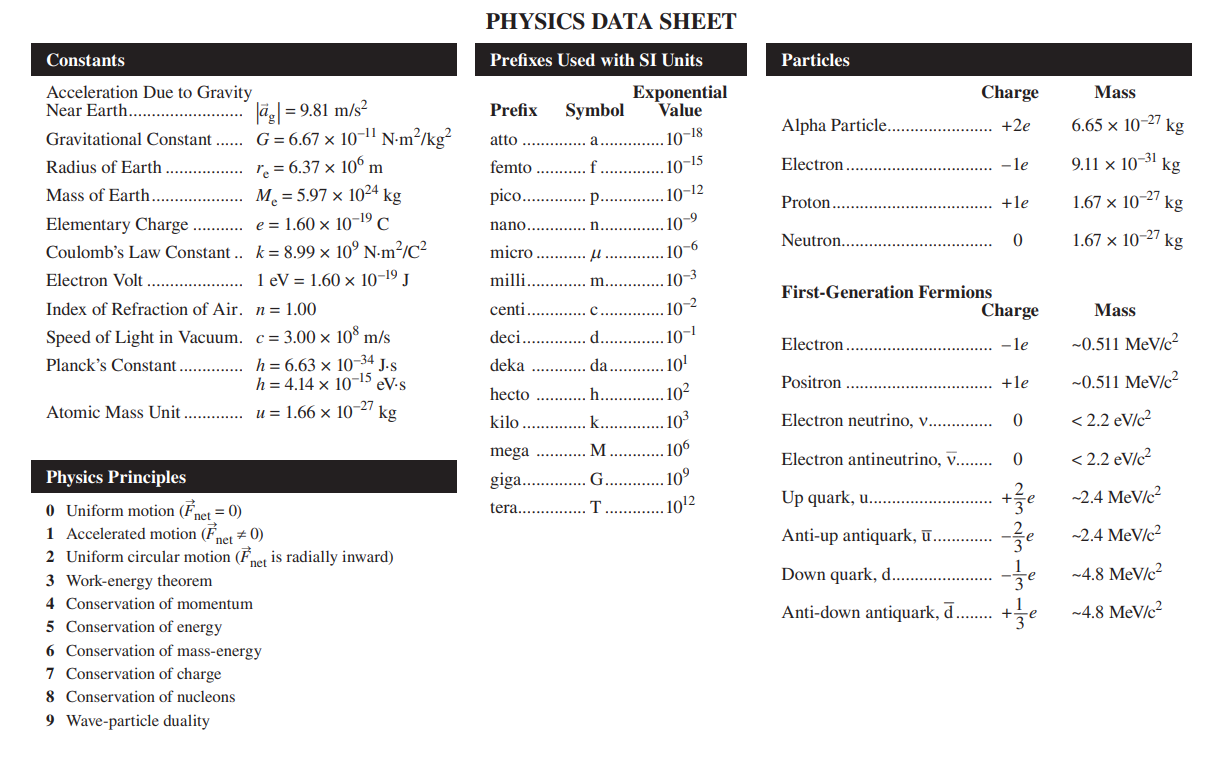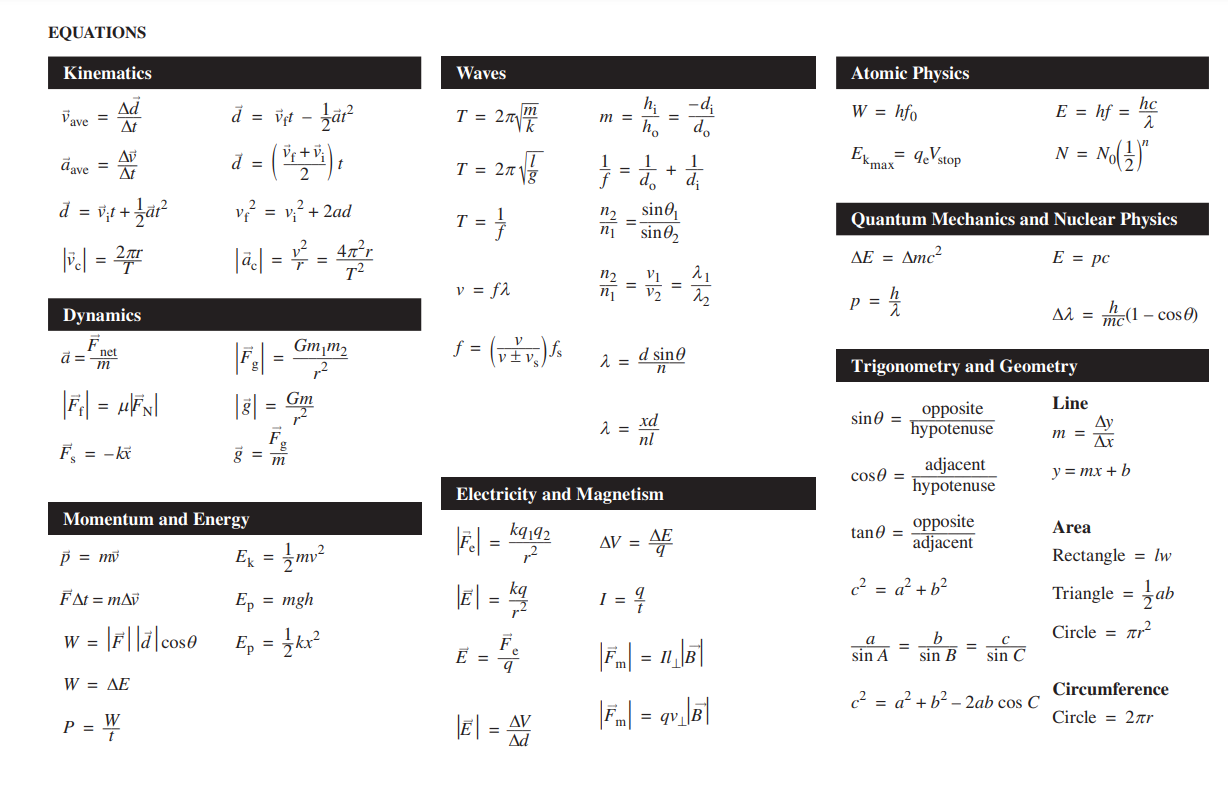Answered step by step
Verified Expert Solution
Question
1 Approved Answer
8. Find the energy, in MeV, released when alpha decay converts thorium-228 (228.028715 u) into radium-224 (224.020186 u). The mass of an alpha particle




8. Find the energy, in MeV, released when alpha decay converts thorium-228 (228.028715 u) into radium-224 (224.020186 u). The mass of an alpha particle is 4.002603 u. 9. Given the following masses, 2H-3.344410-27 kg 3H=5.008210-27 kg n=1.674910-27 kg "He = 6.646310-27 kg determine the energy produced in the following fusion reaction: H+H He+n 10. A uranium-235 nucleus absorbs a neutron and the splits into a bromine-87 nucleus, a lanthanum-146 nucleus and additional neutrons. What is the energy released in the reaction? (Bromine-87 = 86.920711 u, and lanthanum-146 145.925791 u) 11. A neutron is emitted when aluminum-27 absorbs an alpha particle. Write the nuclear equation for this scenario. Lesson 4: The subatomic world 12. What is the wavelength of the photons produced in electron-positron pair annihilation? 13. The diagram shows a particle track recorded in a bubble chamber at the CERN particle accelerator. The magnetic field in the bubble chamber was 1.2 T, directed out of the page. The initial radius of the particle is measured to be 10 cm. (a) Does the particle have a positive or negative charge? Explain your reasoning. (b) Determine the initial momentum of the particle. Assume the particle is an electron or a positron. (c) Why does the particle's path spiral inward? 10 cm 14. In the * decay of nitrogen-12 (12.01864 u) into carbon-12 (12.00000 u), a positron with energy of 11.0 MeV is emitted. What is the energy of the electron neutrino? Assume the mass of the positron is 5.485799 x 104 u (same as an electron). Constants Acceleration Due to Gravity Near Earth |ag|= 9.81 m/s Gravitational Constant ... G = 6.67 x 10-11 N-m/kg Radius of Earth Mass of Earth Elementary Charge Coulomb's Law Constant.. re = 6.37 106 m M = 5.97 1024 kg e = 1.60 10-19 C k = 8.99 10 N-m/C Electron Volt ........................1 eV = 1.60 10-19 J Index of Refraction of Air. Speed of Light in Vacuum. Planck's Constant n = 1.00 c = 3.00 108 m/s h=6.63 x 10-34 J.S h=4.14 10-15 eV-s Atomic Mass Unit. .............. u = 1.66 x 10-27 kg Physics Principles 0 Uniform motion (F net = 0) 1 Accelerated motion (Fnet #0) 2 Uniform circular motion (Fnet is radially inward) 3 Work-energy theorem 4 Conservation of momentum 5 Conservation of energy 6 Conservation of mass-energy 7 Conservation of charge 8 Conservation of nucleons 9 Wave-particle duality PHYSICS DATA SHEET Prefixes Used with SI Units Exponential Particles Charge Mass Prefix Symbol Value -18 atto............. 10 femto ........... f ..............10-15 pico................................10-12 nano........... n.. Alpha Particle..... +2e 6.65 10-27 kg Electron. -le 9.11 10-31 kg Proton.......... +le 1.67 10-27 kg .10-9 micro . 10-6 Neutron............. 0 1.67 10-27 kg milli.......... m.. centi c. deci.............................. 10 deka.......................... 10' hecto.......................... 10 kilo.................................10 10-3 10-2 First-Generation Fermions Charge Mass Electron......... -le ~0.511 MeV/c Positron....... +le -0.511 MeVie Electron neutrino, v................ 0 Electron antineutrino, V........ 0 Up quark, u......... + -2.4 MeVie Anti-up antiquark, ... -2.4 MeVic Down quark, ....... -4.8 MeVie Anti-down antiquark, ........ ~4.8 MeV/c mega ........M..............106 giga...............................10 tera. T. .......... 102 EQUATIONS Kinematics Vave aave Ad d = v - f d = () d = vit + 1t v = v+2ad 2r ||c| = V = 4r v = f Waves T = 2 T = 2 =2x T = } m = } = hi he 1 = -di 76 d 1 + do di msing sin02 n = Dynamics = F net m g Wil- Gm m f: = = d sine n | Fr| = MFN| |8| = Gm Atomic Physics hc W = hfo E = hf Ekmage stop N = No No max Quantum Mechanics and Nuclear Physics AE = Amc 22 P = 4 E = pc = (1 - cos) Trigonometry and Geometry xd nl sine opposite hypotenuse Line Ay m Ax cose = Electricity and Magnetism adjacent hypotenuse y=mx+b Ek = mv ||Fc| = k9142 2 AV = ME tan = opposite adjacent Area Rectangle = w F = -kx Momentum and Energy P = m FAt=mAv W = |F||d|cose W = AE P = W Ep = mgh = kx 11-10 F e-4 E q E - AV Ad 1-7 = Kal-ajal = Il Fm-qv8 = c = a + b b a = = sin A sin B sin sin C c = a+b-2ab cos C Triangle = ab Circle = r Circumference Circle = 2r
Step by Step Solution
There are 3 Steps involved in it
Step: 1

Get Instant Access to Expert-Tailored Solutions
See step-by-step solutions with expert insights and AI powered tools for academic success
Step: 2

Step: 3

Ace Your Homework with AI
Get the answers you need in no time with our AI-driven, step-by-step assistance
Get Started


